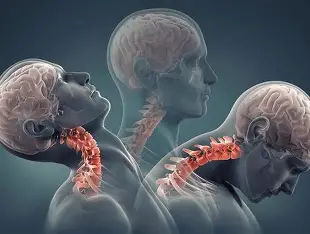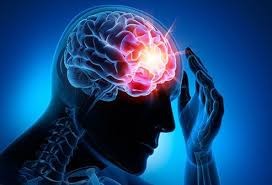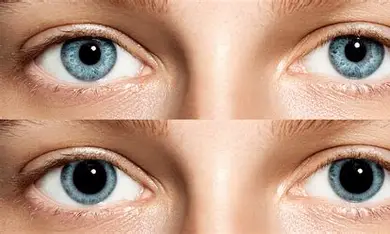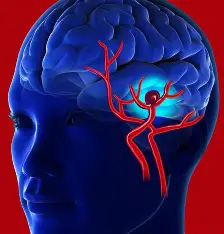
Concussion
A concussion is a mild traumatic brain injury caused by a bump, blow, or jolt to the head—or even a hit to the body—that causes the brain to move rapidly back and forth inside the skull. This sudden movement can temporarily disrupt normal brain function.
Common symptoms include:
- Headache or pressure in the head
- Dizziness or balance problems
- Nausea or vomiting
- Confusion or feeling dazed
- Sensitivity to light or noise
- Memory issues or difficulty concentrating
- Blurred vision or “seeing stars”
Symptoms might appear immediately or take hours—even days—to show up. And while most people recover fully, it’s important to rest and avoid activities that could risk another head injury during recovery.
If you’re ever unsure whether someone has a concussion, especially after a fall or sports injury, the safest move is to stop activity and monitor them closely.


First Aid Steps for Concussion
Seek medical advice Even if symptoms seem mild, it’s best to have a healthcare provider evaluate them. They may need to rest and avoid screens, sports, or driving for a while
Stop the activity immediately If the person was playing sport or doing anything strenuous, have them stop right away—even if they say they feel fine.
Check for danger and responsiveness Make sure the scene is safe. If the person is unconscious or not responding normally, call emergency services (999 in the UK) immediately.
Monitor symptoms Look for signs like:
Headache, dizziness, or nausea
Confusion or memory loss
Blurred vision or sensitivity to light/noise
Unusual behaviour or emotional changes
Loss of balance or coordination
Keep them still and calm Have them sit or lie down in a comfortable position. Avoid moving them unless necessary, especially if there’s a chance of neck or spinal injury.
Do not give them anything to eat or drink Especially avoid alcohol or medication unless advised by a medical professional.
Stay with them and observe Watch for worsening symptoms like repeated vomiting, increasing drowsiness, seizures, or difficulty speaking—these require urgent medical attention.

Cerebral Compression
Cerebral compression is a serious and potentially life-threatening condition where pressure builds up inside the skull, squeezing the brain. This pressure can result from bleeding (such as from a head injury), swelling, a brain tumour, stroke, or infection like meningitis
Signs and Symptoms
Recognising cerebral compression early is crucial. Here are some common indicators:
- Drowsiness or unconsciousness in severe cases.
- Severe headache that doesn’t go away
- Vomiting (often without nausea)
- Unequal pupil sizes
- Confusion or irritability
- Weakness or paralysis on one side of the body
- Slow, strong pulse and noisy breathing


First Aid Treatment
If you suspect someone has cerebral compression:
- Call emergency services immediately (999 in the UK).
- Do not move the person unless necessary.
- Monitor their airway and breathing—use the jaw thrust method if needed.
- Be ready to perform CPR if they stop breathing.
This condition requires urgent medical attention, often involving surgery or intensive care. If you’d like, I can walk you through a step-by-step first aid guide or explain how it differs from a concussion.